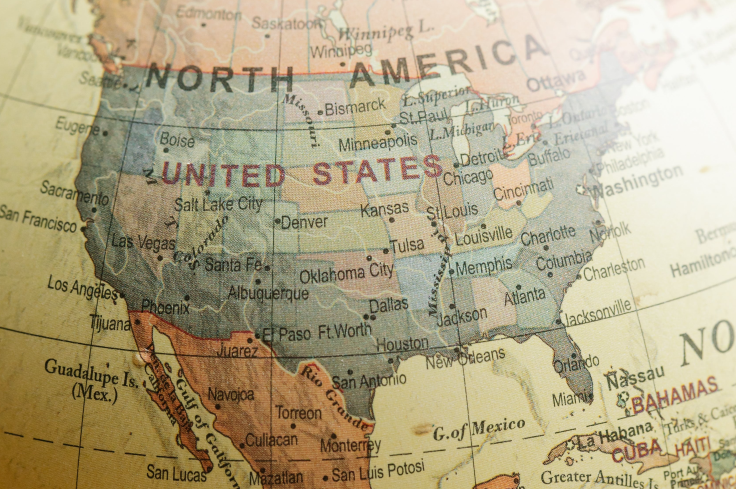
As families gather this Thursday across the United States to celebrate Thanksgiving, so do many citizens living abroad.
According to World Population Review, more than 8 million U.S. citizens currently live abroad, more than one million of them in Mexico and Canada. And while the latter is one of the few countries also celebrating Thanksgiving, it has its own date on the second Monday of October, so typical celebrations for the over 250,000 citizens living there are not taking place in the context of a holiday.
Other countries celebrating the holiday are Brazil, Germany, Grenada, Liberia and Saint Lucia. The first two are the only ones with sizable U.S. citizens, with a population of 152,000 and 22,000, respectively. But same as it happens in Canada, Germany has its own date, the first Sunday of October.
Those in Brazil are the only ones sharing the date with the United States, so these few thousands will have the chance to emulate the festivities at home. The main difference will be the weather, considering that Brazil's main cities are coming off a scorching heatwave that even led to the death of a Taylor Swift fan before a concert last week and the postponement of another show.
It is likely that expats will add local flavors to their Thanksgiving feasts, creating a fusion of cuisines. But this won't only happen outside the United States, as cultures living within the country have also been doing that for years.
Considering that almost 20 percent of the population is Latino, according to the 2020 Census, there won't be a lack of gatherings with influence, flavors from home, and rituals from the kaleidoscope of cultures comprising this diverse ethnicity.

Throughout the years, different articles have documented recipes that Latino families have added to their menus and can vary depending on their origins: those from Caribbean descent can add pernil (slow-roasted pork leg or pork shoulder) instead of turkey, fried plantains and rice and beans. Those of Mexican descent, on their end, can add tamales or lomo relleno (stuffed sirloin), for example.
But there are also Latino twists to Thanksgiving staples: a Puerto Rican family featured in an America Magazine article explained that in the family of a friend they usually celebrated with, the turkey was stuffed with carne molida (ground beef).
Dessert also has room to be Latinized. Flan, Tres Leches, Tiramisu, and Arroz con Leche are among the popular delicacies that can be found at the dinner table in Latino households.
Other Latinos who have documented their experiences mention copious amounts of alcohol and the willingness to turn the event into a party with shots of tequila, pisco and mezcal. "Alcohol is as much a part of the menu as playing salsa, bachata, merengue and reggaeton music is," reads a passage of an article from Daily Elite written by Fernanda Calvo.
The practices are far from being exceptions. According to Achona, 76 percent of Latinos often celebrate U.S. holidays, and 86 percent of Latinos feel it is natural to live and act in ways that are typical of U.S. American culture
© 2025 Latin Times. All rights reserved. Do not reproduce without permission.





